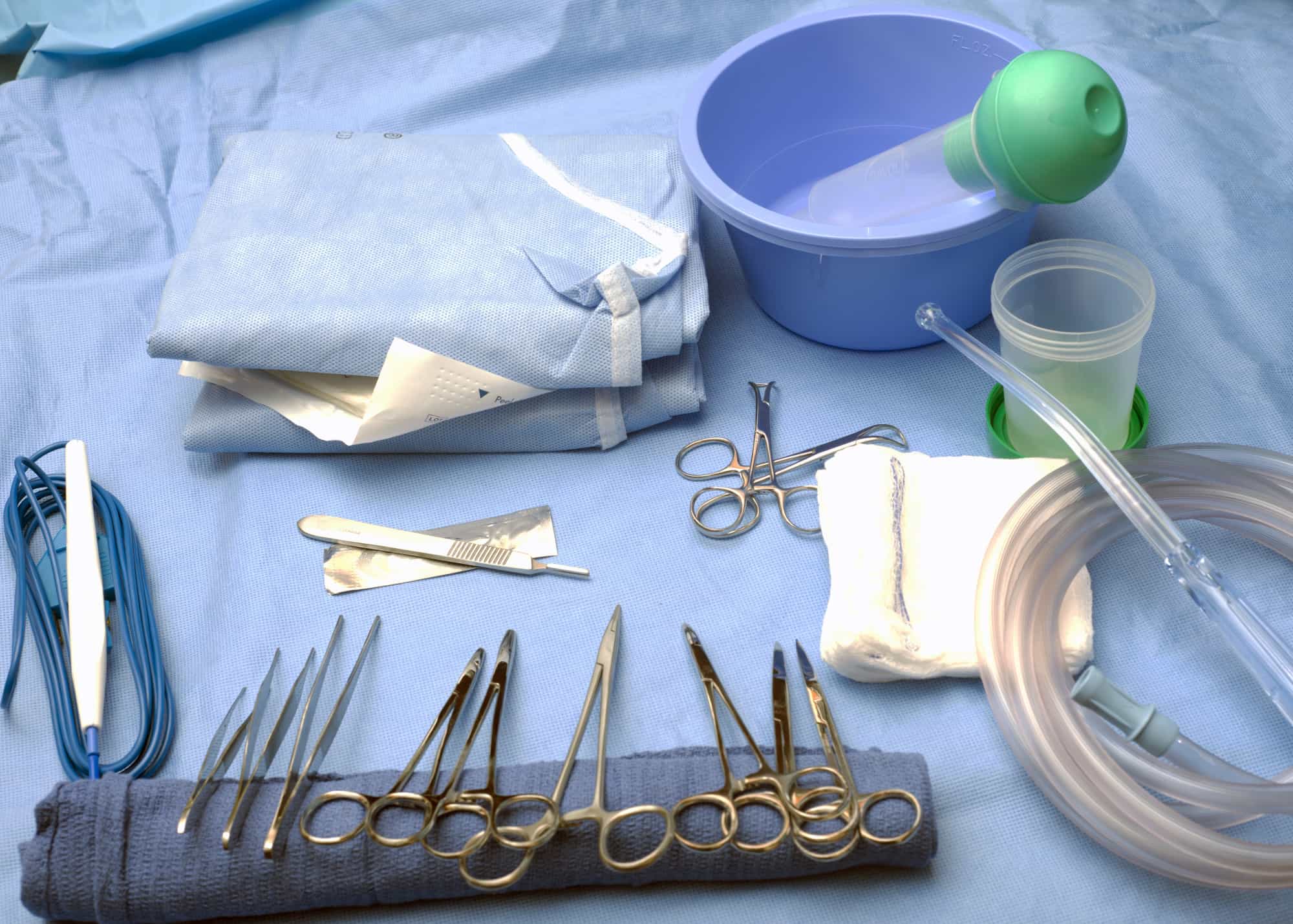
Would You Know if a Surgical Error Happened to You?
If you have ever undergone a surgical procedure you may have wondered: How would I know if a surgical error happened? In the flurry of paperwork, medications, meetings with healthcare providers, and recovery, it can…
If you have ever undergone a surgical procedure you may have wondered: How would I know if a surgical error happened? In the flurry of paperwork, medications, meetings with healthcare providers, and recovery, it can be difficult to really understand how the procedure went, or if there were any complications. Surely your surgeon would tell you if a surgical error happened, right?
According to a recent study published in the Journal of the American Medical Association (JAMA) Surgery the answer appears to be “maybe”. Read on to learn more about study and what it could mean for patients. If you have questions, contact our Houston medical malpractice attorney to get answers.
JAMA Surgery Study
Published in July 2016, the JAMA Surgery report surveyed 60 surgeons across 12 specialty areas. The survey included a review of eight recommended disclosure guidelines, which are:
- Disclose surgical errors within 24 hours of the operation
- Explain to the patient and family why a surgical error occurred
- Explain if the error was preventable
- Discuss how recurrences of such an error could be prevented
- Express regret that a surgical error occurred
- Show concern for the patient’s health and welfare
- Apologize for the surgical error
- Take any necessary steps to treat problems arising from a surgical error
The result report indicated that most surgeons follow some of these recommended disclosure guidelines when reporting errors to patients and their families. However, only 55 percent of surgeons reportedly apologize for surgical errors, discuss if the error was preventable, or discuss how to prevent recurrences.
Does Disclosure Damage Doctors?
The report further suggests that surgeons who are negatively affected by the surgical error are less likely to discuss these guidelines with patients. While it is reasonable to conclude that no surgeon (or any healthcare provider) wants to admit that an error was made, it is not reasonable for that fear to diminish the importance of disclosure to patients.
In response to the JAMA Surgery study, a professor at Johns Hopkins Bloomberg School of Public Health stated that surgical errors can result in a lost “sense of confidence” and that they can be “detrimental and damaging to a surgeon.” While most of us can certainly sympathize with this, it is disheartening that a surgeon’s discomfort could be placed over a patient’s well-being.
Information about Surgical Errors
The issue of disclosing a surgical error is one that unfortunately is extremely relevant. In May 2016, experts at Johns Hopkins estimated that over 250,000 people die each year due to medical errors, including surgical errors. The most common surgical errors reported include:
- Operating on the wrong body part
- Operating on the wrong patient
- Performing the incorrect procedure
- Leaving items behind inside the patient
- Puncturing or damaging tissue near the site
- Exposing the surgical site to infection
Many surgical errors are caused by mistakes or breakdowns in communication, medical records, or failure to follow protocol. Unfortunately, many other surgical errors are simply caused by negligence on the part of the surgeon, operating room staff, or other involved parties. Surgeons may be inadequately trained, may be fatigued, may be under the influence, or simply may not regard the patient’s overall wellbeing as their top priority. In any case, surgical errors are traumatic and can have a devastating effect on your life.
Understanding Your Rights
As a patient, you have the right to know what happened to you during a surgical procedure. If at any time you feel uncomfortable with your healthcare, or believe that you have been harmed by a healthcare provider, it is important that you speak up and seek answers. Yes, challenging a hospital or healthcare provider can be frustrating, but it is important that you explore your legal rights and demand justice.
Healthcare providers have a responsibility to provide healthcare that is in accordance with legally and medically accepted standards of care. When they deviate from these standards, they should be held accountable to protect your rights, and to prevent future negligence. If you have been injured due to negligent healthcare, such as a surgical error, you may have the right to file a lawsuit against any parties whose actions caused you harm.
Filing a lawsuit can not only help you stand up for your legal rights, but can also help ensure that you are compensated for your injuries and losses. Depending on the facts of your situation, you may be able to pursue compensation for your medical expenses, mental anguish or emotional distress, lost income or earning capacity, permanent disability, and future care expenses.
Getting Help After a Surgical Error
If you have been injured due to a medical mistake or surgical error, it is important to know that you are not alone in your fight. At MedMalFirm.com, we specialize in helping victims of medical malpractice defend their rights and pursue justice. Our team of attorneys has helped numerous clients just like you with cases involving surgical errors, birth injuries, nursing home abuse, and many other forms of medical malpractice or negligence.
At MedMalFirm.com, our goal is simple: Protect your rights and ensure that your legal needs are met in a way that puts the best interests of you and your family first. Our firm operates on a contingency fee basis, meaning that you are not responsible for any upfront costs. If we do not obtain a settlement or verdict on your behalf, you will not be charged for our services. Our focus is on helping you get the justice and compensation you deserve.
Contact MedMalFirm.com by filling out our online form, or by calling us toll free at 877-887-4850. Request a free consultation and learn more about your rights and options.
